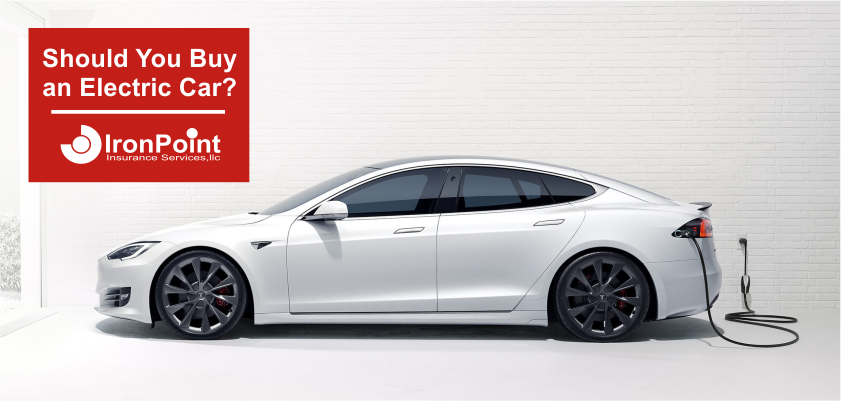Buying a Used Car: Is Miles or Age More Important?

Thinking of buying a used car? That can be a frightening experience and a bit of a gamble. Why did the previous owner get rid of the car, and what did they do with it? If the prior owner simply traded up because they wanted new wheels, that works in your favor. But was it a total lemon that they simply couldn’t wait to get rid of? The questions, like your options, can be endless.
But this isn’t a total trap, and after you’ve narrowed your shopping list down to a few makes and models, you’ll want to focus on two key factors to determine if you want to buy a used car: the miles and the age.
But which is more important?
To get at that answer let’s compare two hypotheticals. Two cars that are the exact same make and model, just three years different in age. Car 1 is six (6) years old with 55,000 and Car 2 is three (3) years old but has a whopping 100K miles.
Let’s compare them.
What can the odometer tell us?
When you check the odometer it signals how much the car has been used. A car with a significant number of miles likely isn’t a vehicle used for the occasional, local errands, and some afternoon drives after church.
Take Car 2 in our hypothetical, with 100K miles in just three (3) years, it’s consumed some real road miles in its time. Understanding how these miles were accumulated could reveal the car’s wear and tear. For instance, if the car was used by an Uber or Lyft driver, or to deliver food, those could be hard miles. Alternatively, if you discovered that the car had been used on a few, long, road trip adventures. Well, those may be less harsh miles for the vehicle.
If a car has a lot of miles, particularly in the case of a car used for frequent short trips, with a lot of stop-and-go, you need to understand its service record. If the owner of Car 2 took excellent care of the car, took it for its regular service, and often changed the oil, that may change the calculus. It’s worth asking to get the service records, or a Carfax report before you purchase any car, especially one with high miles.
In fact, if you’re going to take a chance on a high miles car, buying a used car directly from the seller can be better. It can yield more information than when you buy a dealership.
While you can’t be sure that the person selling is telling you the truth, you can at least know that you’re asking the right questions. And, as they say, trust, but verify. Before you buy a car from an independent party or dealer, have a trusted mechanic check it out.
What a car’s age can mean
In our hypothetical, Car 1 is six (6) years old with fewer miles, this can suggest that it doesn’t have similar wear-and-tear as a high miler. However, it is still an older model-year car. Is this important? It might be.
Technology advances quickly, and with each new model year upgrades are introduced. When you buy an older model, you may be sacrificing tech that could be important. This isn’t always luxury or convenience tech, but safety technology as well.
Before you commit to an older model-year car, do some research. Compare the used model you are considering with the current model of the same car – what’s changed? This will help you assess technology upgrades you’re compromising and allow you to decide if they are necessary.
Newer models will most certainly have safety advances, like backup cameras, adaptive cruise or steering, and lane departure alerts. How will the absence of these systems affect your choice?
In addition, when considering an older model, do some research to determine if there is a history of recalls, and inquire if they have been repaired.
Finally, some older cars with low miles have the potential for underuse. That’s right, a car can be underutilized and that can create issues as well. When a car sits for long periods, the fluids are not running through the engine, and general maintenance items can get neglected. Before you buy an older car with low miles, make sure it doesn’t have a long history of sitting around, you need to be certain that the car’s components have aged well.
So … what’s a used car buyer to do?
Unfortunately, there isn’t a simple answer to this question. When buying a used car, the circumstances will be different each time. So, it really depends on the car you’re looking to purchase. But there are things you can do to get the information you need to make an educated decision about the car you want to buy. Make sure to ask these questions before you buy:
- Can you get access to the car’s maintenance records? Make sure to ask about the maintenance history, and if you can see the records. The dealership or owner might have them. You can also get a Carfax report or other service that can provide a report for a fee.
- Can you get information on how the car was used? What “type” of miles were put on the car? Was the car used for Uber or deliveries, or long road trips? Was it used in stop-and-go city driving? Or was the car used to log “highway” miles?
- What’s the history of the recall? This may help you understand if there are any “red flags” about the model. Recalls can reflect design issues, or simply be a bad part being replaced.
- Do you see rust on the underside? Rust is a sign of neglect, but old tires or other components that are in need of replacement could be future costs driving up the “real” price of the car.
- Has a mechanic inspected the car? This is an excellent and necessary step, especially when buying from a third-party or small dealer. A mechanic can spot problems that aren’t apparent to the average consumer.
Frankly, cars are built well today, and a used car purchase is not as risky as it once was. However, if you don’t ask the right questions you can still set yourself up for problems.
The bottom line
If you ask the right questions, get a mechanic to check on the car, and properly inspect the vehicle, buying a new car can work out just fine. When you get your “new-to-you” car, make sure to baby it and stick to a regular service schedule. And, of course, keep your car insurance current. Maintenance and proper insurance are two things that you totally control. If you’re a first-time buyer, you can get tips for buying auto insurance to help you make the right choices.
If you’re done buying a used car and want to get it insured start an online insurance quote to compare rates. Or, you can call us at (877) 334-7646 and one of our agents will be happy to help.
Compare Quotes Online

Want to know if you can save on home or auto insurance? See for yourself. Start a quote today.
Give us a Ring
1-877-334-7646
Call today and speak with a professional insurance agent.

